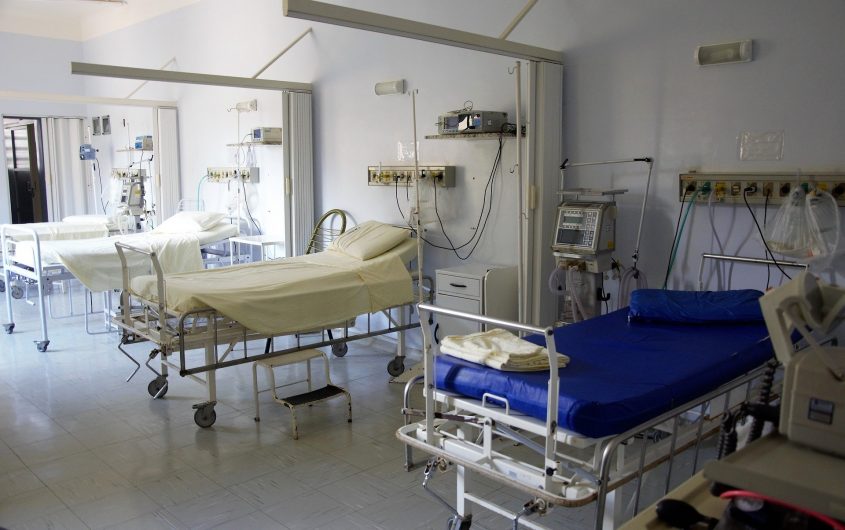
Macroeconomic and Health Care Aspects of the Coronavirus Epidemic: EU, US and Global Perspectives

Paul J.J. Welfens
European Institute for International Economic Relations
Prof. Dr. Paul J.J. Welfens was a Geoeconomics Non-Resident Senior Fellow at AICGS. He was Jean Monnet Professor for European Economic Integration; chair for Macroeconomics; president of the European Institute for International Economic Relations (EIIW) at the University of Wuppertal; Alfred Grosser Professorship 2007/08, Sciences Po, Paris; and Research Fellow, IZA, Bonn.
The novel coronavirus (COVID-19) epidemic represents a major challenge for the world economy. While a detailed longer-term diffusion path of the new virus cannot be anticipated for individual countries, one may anticipate international supply shocks and declining GDP growth in many OECD countries and China in 2020; and one should expect falling asset prices in Asia, the United States, and the European Union plus the United Kingdom – except for the price of risk-free government bonds. In the course of 2020/21 the U.S., the EU, and the UK, as well as other countries, will face both an increasing number of infected patients as well as a higher case fatality ratio. Health care expenditures in the U.S. will increase more than in the Eurozone and the EU in the medium term, a development that undermines the international competitiveness of the United States. Regression results show that per capita income is a positive function of the effective trade openness and of the new Global Health Security Index indicator from the NTI/Johns Hopkins University. A rising health care-GDP ratio in the U.S. is equivalent to a rising U.S. export tariff. As regards the coronavirus challenge, the ratio of acute care beds to the elderly in OECD countries shows considerable variation. Output growth in the Eurozone, the U.S., and China can be expected to fall by about 1.6% in 2020. The COVID-19 challenge for the U.S. Trump administration is a serious one, since the lack of experts in the administration will become more apparent in such a systemic stress situation – and this might well affect the November 2020 U.S. presidential election which, in turn, would itself have considerable impacts on the UK and the EU27 as well as EU-UK trade negotiations. Many countries will face a massive shock from a sharp epidemic-related decline of tourism.








